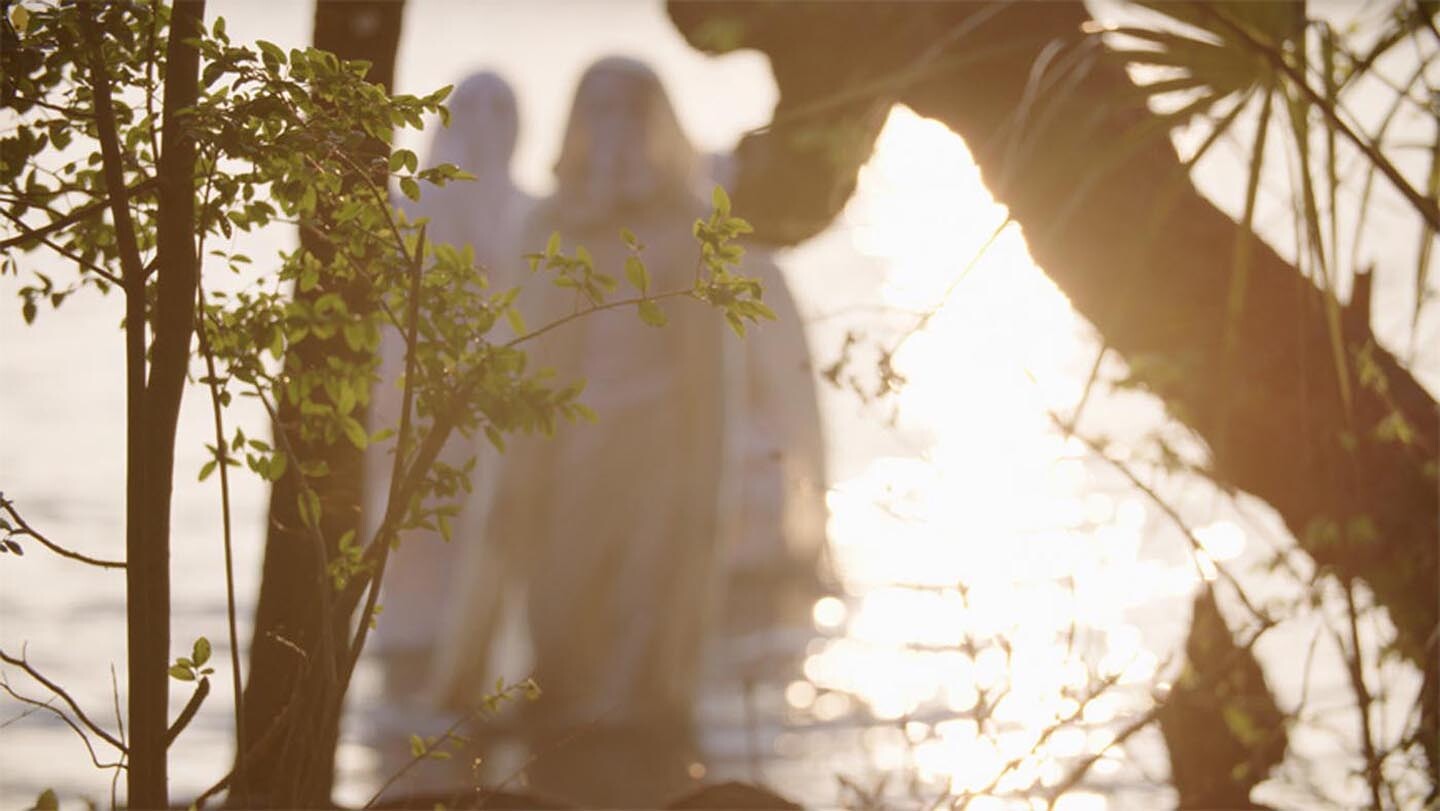Against a Civic Death
The Suzanne Deal Booth Art Prize
February 1–August 26, 2018
700 Congress Ave
Austin, Texas 78701
USA
T +1 512 453 5312
info@thecontemporaryaustin.org
Members’ preview and opening reception
January 31, 6–9pm
Members are invited to celebrate our Spring 2018 exhibition before it opens to the public.
Register to vote on-site
February 1–August 26
The museum’s frontline staff will be deputized to register visitors to vote throughout McMillian’s exhibition.
Fashion & justice workshop
February 3, 10am–5:30pm
A daylong scholarly workshop that examines the role of fashion in challenging inequality.
Free drop-in tour
February 4, 1–2pm
Explore Rodney McMillian: Against a Civic Death through a conversational tour with a knowledgeable docent.
Artist talk: Vincent Valdez
February 10, 2–3pm
Valdez considers his interests in race relations, politics, and culture in context of McMillian’s work .
Rodney McMillian teacher workshop
February 27, 5–7pm
Join a facilitated conversation exploring the exhibition’s themes; share your reflections in a studio activity.
Open for Discussion
March 6, 6:30–7:30pm
Monthly, open conversations about art, politics, and race with facilitators from throughout the community.
Open for Discussion
April 3, 6:30–7:30pm
Monthly, open conversations about art, politics, and race with facilitators from throughout the community.
Open for Discussion
May 1, 6:30–7:30pm
Monthly, open conversations about art, politics, and race with facilitators from throughout the community.
With Liberty and Justice for All Film Series
May 23, 7:30–10pm
Documentary films focusing on the history of progressive politics and social justice. Film TBA.
With Liberty and Justice for All Film Series
May 30, 7:30–10pm
Documentary films focusing on the history of progressive politics and social justice. Film TBA.
The Contemporary Austin presents Rodney McMillian: Against a Civic Death, an immersive installation of newly commissioned and recent works by Los Angeles–based artist Rodney McMillian (American, born 1969, Columbia, SC) that fills the museum’s nearly 8,000 square-foot exhibition space with paintings, sculptural installations, video, and sound pieces.
McMillian was selected by an independent Advisory Committee of renowned curators from across the U.S. to be the inaugural winner of The Contemporary Austin’s Suzanne Deal Booth Art Prize, including a USD 100,000 unrestricted prize along with a solo exhibition and scholarly catalogue.
“The Booth Prize offers an artist the latitude to expand their practice or even experiment with new formats,” said Louis Grachos, Executive Director and CEO of The Contemporary. “Rodney has taken advantage of this opportunity to create new work and to rethink past work in a new context. We are proud to present Rodney’s exhibition and to create a space that can contribute to a civil discourse on the history and ideas that he thoughtfully explores in these powerful and engaging installations.”
Adds Chief Curator and Director of Curatorial Affairs Heather Pesanti, “This exhibition expands Rodney’s inquiries into painting, installation, and performance to express a nuanced and poetic social critique of American history and the ideologies that have driven this historical narrative. The work may challenge viewers to confront difficult and poignant issues, offering a courageous and progressive exhibition that allows for open-ended resolution.”
Against a Civic Death is divided into two distinct sections, visually delineated by the colors white and black, referring to the uneasy coexistence of white supremacism and progressive politics throughout modern American history.
The ground floor is dominated by a large-scale vinyl painting depicting the United States White House. Hand-stitched with gray and black thread and hung from the ceiling, the form drapes to the floor in contrast to the austerity and power that the neoclassical façade was intended to evoke. Pulling back the vinyl White House walls reveals a newly commissioned film exploring the vulnerability of this “architecture of power.” Untitled (neighbors), 2017, features four dancers, cloaked in white with their faces obscured, awkwardly moving through a wooded landscape. The imagery is both representational and abstract, loaded with history and symbolism. The film begins at twilight and moves into the night as the dancers progress from slow, measured movements in a landscape, to exploitative interactions with a neoclassical gazebo, to a climactic dance in the woods.
On the second floor, the color black is at the forefront. Here, McMillian’s pod: frequencies to a manifestationing, 2016-present, fills the gallery with painted black vases arranged on white shelves around an amorphous black “pod.” Overhead, public-address speakers layer audio recordings from Alice Coltrane, Sonny Sharrock, and a speech from Shirley Chisolm’s 1972 candidacy for the Democratic presidential nomination. The first black and first female candidate to seek this nomination, Chisholm excoriates a system that “relegates the masses to the bottom of the priority list” as her infuriation with the political status quo reverberates through the space. In a prism, 2016, McMillian’s own vocal performance of Earth, Wind & Fire’s “That’s the Way of the World,” 1975, emanates from a corner hidden by a painting in stripes of dark purples, blacks, and grays.
Curated by Heather Pesanti, Against a Civic Death will be accompanied by a full-color catalogue (published Summer 2018) featuring a history of McMillian’s performance work, with essays by Pesanti; Adrienne Edwards, Curator at Large at the Walker Art Center and Curator at Performa; Bennett Simpson, Senior Curator at The Museum of Contemporary Art, Los Angeles; and Cherise Smith, Associate Professor of African and African Diaspora Studies in the Department of Art and Art History at The University of Texas at Austin.
Known for artist-centric projects and collaborations, The Contemporary Austin invites exploration in both its urban and natural settings—downtown at the Jones Center on Congress Avenue, at its lakeside sculpture park, and around Austin through the Museum Without Walls program.


